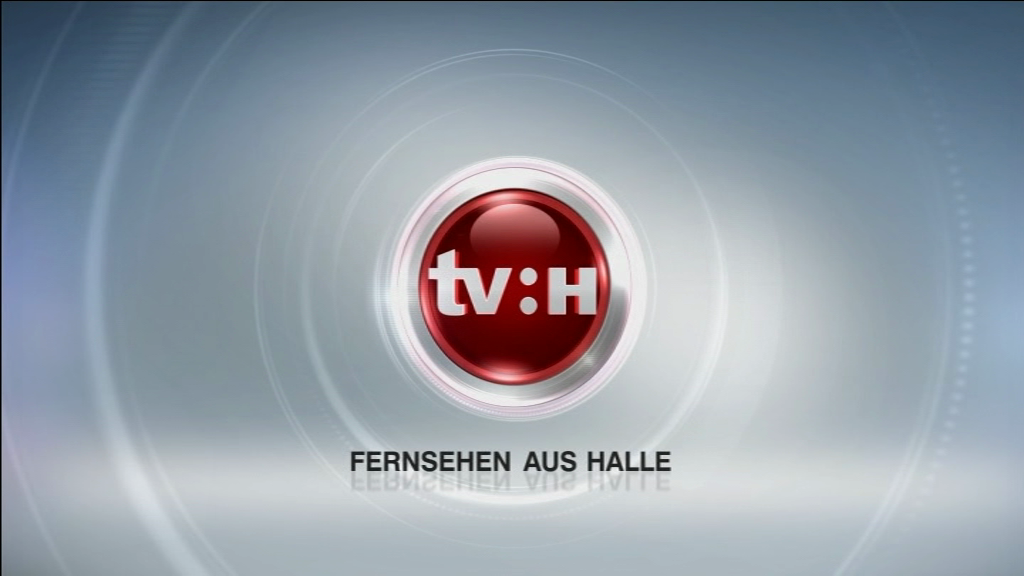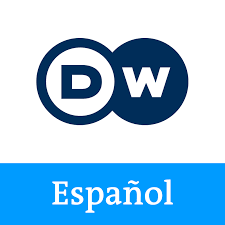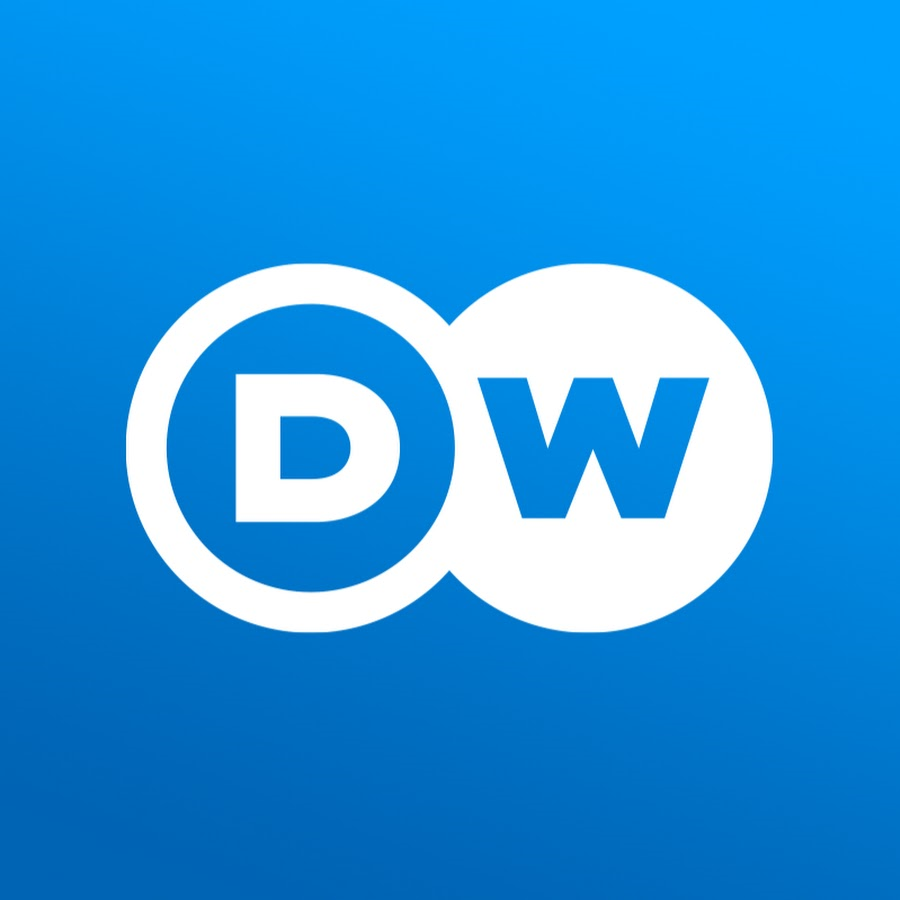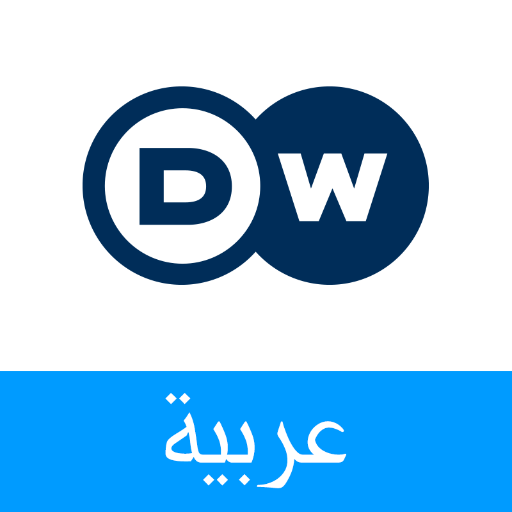http://lcotiv.com/tv/66238900219.html
NDR Fernsehen is a German free-to-air regional television channel targeting northern Germany, specifically the states of Schleswig-Holstein, Lower Saxony, Mecklenburg-Vorpommern, Hamburg and Bremen. It is broadcast by both Norddeutscher Rundfunk (NDR) and Radio Bremen, although NDR provides most of the output as they are bigger than Radio Bremen. It is one of seven regional "third programmes" offered by the ARD members.
It started broadcasting on 4 January 1965 as the common channel of NDR, Radio Bremen and Sender Freies Berlin (SFB). It eventually adopted the name "Nord 3", later "N3". In 1992, the stations broadcast area changed as Mecklenburg-Vorpommern was added to NDR after the German reunification and SFB left the N3 cooperation in October to start its own channel, B1 (now rbb Fernsehen). The name "NDR Fernsehen" was adopted in 2001.
The channel is available in five different feeds for the broadcast of local programmes in the early evening. Four of the areas are branded "NDR Fernsehen", while in the Bremen area, only NDR NDS is available.
- NDR Fernsehen Hamburg (NDR FS HH) with Hamburg Journal.
- NDR Fernsehen Mecklenburg-Vorpommern (NDR FS MV) with Nordmagazin.
- NDR Fernsehen Niedersachsen (NDR FS NDS) with Niedersachsen 19:30.
- NDR Fernsehen Schleswig-Holstein (NDR FS SH) with Schleswig-Holstein Magazin.
The NDR-branded areas generally broadcast a shorter news bulletin at 18:00 and a half-hour bulletin at 19:30. As many of the other third channels, NDR Fernsehen simulcasts the main 20:00 edition of Tagesschau.
The channel was initially only available terrestrially in its designated area, but since it became available on satellite and cable television it is available nationally. Many Danish and Dutch cable networks also relay the signal.
http://lcotiv.com/tv/45395899894.html
NDR Fernsehen is a German free-to-air regional television channel targeting northern Germany, specifically the states of Schleswig-Holstein, Lower Saxony, Mecklenburg-Vorpommern, Hamburg and Bremen. It is broadcast by both Norddeutscher Rundfunk (NDR) and Radio Bremen, although NDR provides most of the output as they are bigger than Radio Bremen. It is one of seven regional "third programmes" offered by the ARD members.
It started broadcasting on 4 January 1965 as the common channel of NDR, Radio Bremen and Sender Freies Berlin (SFB). It eventually adopted the name "Nord 3", later "N3". In 1992, the stations broadcast area changed as Mecklenburg-Vorpommern was added to NDR after the German reunification and SFB left the N3 cooperation in October to start its own channel, B1 (now rbb Fernsehen). The name "NDR Fernsehen" was adopted in 2001.
The channel is available in five different feeds for the broadcast of local programmes in the early evening. Four of the areas are branded "NDR Fernsehen", while in the Bremen area, only NDR NDS is available.
- NDR Fernsehen Hamburg (NDR FS HH) with Hamburg Journal.
- NDR Fernsehen Mecklenburg-Vorpommern (NDR FS MV) with Nordmagazin.
- NDR Fernsehen Niedersachsen (NDR FS NDS) with Niedersachsen 19:30.
- NDR Fernsehen Schleswig-Holstein (NDR FS SH) with Schleswig-Holstein Magazin.
The NDR-branded areas generally broadcast a shorter news bulletin at 18:00 and a half-hour bulletin at 19:30. As many of the other third channels, NDR Fernsehen simulcasts the main 20:00 edition of Tagesschau.
The channel was initially only available terrestrially in its designated area, but since it became available on satellite and cable television it is available nationally. Many Danish and Dutch cable networks also relay the signal.

http://lcotiv.com/tv/62805928420.html
Hessischer Rundfunk (Hesse Broadcasting; HR) is the German federal state of Hesse's public broadcasting corporation. Headquartered in Frankfurt am Main, HR is a member of the national consortium of German public broadcasting corporations, ARD.

http://lcotiv.com/tv/10082725857.html
Hessischer Rundfunk (Hesse Broadcasting; HR) is the German federal state of Hesse's public broadcasting corporation. Headquartered in Frankfurt am Main, HR is a member of the national consortium of German public broadcasting corporations, ARD.

http://lcotiv.com/tv/01002141247.html
Hessischer Rundfunk (Hesse Broadcasting; HR) is the German federal state of Hesse's public broadcasting corporation. Headquartered in Frankfurt am Main, HR is a member of the national consortium of German public broadcasting corporations, ARD.
http://lcotiv.com/tv/64817669427.html
TV Halle is a German private TV channel braodcasting from Halle. The TV channel was created for the local viewers of Halle, and its programming reflects this.

http://lcotiv.com/tv/73334705419.html
Elbekanal is regional TV from Schönebeck. It was founded in 2003. Elbekanal produces and broadcasts reports on current issues in business, culture, politics and sports from the Saxen-Anhalt region.

http://lcotiv.com/tv/01264247442.html
Deutsche Welle or DW is a German public state-owned international broadcaster funded by the German federal tax budget.The service is available in 30 languages. DW's satellite television service consists of channels in English, German, Hindi, Spanish, and Arabic. The work of DW is regulated by the Deutsche Welle Act,meaning that content is intended to be independent of government influence. DW is a member of the European Broadcasting Union (EBU).
DW offers regularly updated articles on its news website and runs its own center for international media development, DW Akademie. The broadcaster's stated goals are to produce reliable news coverage, provide access to the German language, and promote understanding between peoples.DW has developed a two-tier strategy to service their audience in the upcoming years: "a global approach aimed at disseminating information to a larger worldwide audience through expansion of international television services in English, Spanish, Arabic, and German and a regional approach focused on providing information tailored to the needs of particular regions, primarily through the Internet."
DW has been broadcasting since 1953. It is headquartered in Bonn, where its radio programmes are produced. However, television broadcasts are produced almost entirely in Berlin. Both locations create content for DW's news website.
It is also a provider of live streaming world news which can be viewed via its website, YouTube, and various mobile devices and digital media and audio.
As of 2018, around 1,500 employees and 1,500 freelancers from 60 countries work for Deutsche Welle in its offices in Bonn and Berlin.The Director-General of DW is Peter Limbourg.

http://lcotiv.com/tv/97425832530.html
Deutsche Welle or DW is a German public state-owned international broadcaster funded by the German federal tax budget.The service is available in 30 languages. DW's satellite television service consists of channels in English, German, Hindi, Spanish, and Arabic. The work of DW is regulated by the Deutsche Welle Act,meaning that content is intended to be independent of government influence. DW is a member of the European Broadcasting Union (EBU).
DW offers regularly updated articles on its news website and runs its own center for international media development, DW Akademie. The broadcaster's stated goals are to produce reliable news coverage, provide access to the German language, and promote understanding between peoples.DW has developed a two-tier strategy to service their audience in the upcoming years: "a global approach aimed at disseminating information to a larger worldwide audience through expansion of international television services in English, Spanish, Arabic, and German and a regional approach focused on providing information tailored to the needs of particular regions, primarily through the Internet."
DW has been broadcasting since 1953. It is headquartered in Bonn, where its radio programmes are produced. However, television broadcasts are produced almost entirely in Berlin. Both locations create content for DW's news website.
It is also a provider of live streaming world news which can be viewed via its website, YouTube, and various mobile devices and digital media and audio.
As of 2018, around 1,500 employees and 1,500 freelancers from 60 countries work for Deutsche Welle in its offices in Bonn and Berlin.The Director-General of DW is Peter Limbourg.

http://lcotiv.com/tv/58391629930.html
Deutsche Welle or DW is a German public state-owned international broadcaster funded by the German federal tax budget.The service is available in 30 languages. DW's satellite television service consists of channels in English, German, Hindi, Spanish, and Arabic. The work of DW is regulated by the Deutsche Welle Act,meaning that content is intended to be independent of government influence. DW is a member of the European Broadcasting Union (EBU).
DW offers regularly updated articles on its news website and runs its own center for international media development, DW Akademie. The broadcaster's stated goals are to produce reliable news coverage, provide access to the German language, and promote understanding between peoples.DW has developed a two-tier strategy to service their audience in the upcoming years: "a global approach aimed at disseminating information to a larger worldwide audience through expansion of international television services in English, Spanish, Arabic, and German and a regional approach focused on providing information tailored to the needs of particular regions, primarily through the Internet."
DW has been broadcasting since 1953. It is headquartered in Bonn, where its radio programmes are produced. However, television broadcasts are produced almost entirely in Berlin. Both locations create content for DW's news website.
It is also a provider of live streaming world news which can be viewed via its website, YouTube, and various mobile devices and digital media and audio.
As of 2018, around 1,500 employees and 1,500 freelancers from 60 countries work for Deutsche Welle in its offices in Bonn and Berlin.The Director-General of DW is Peter Limbourg.
